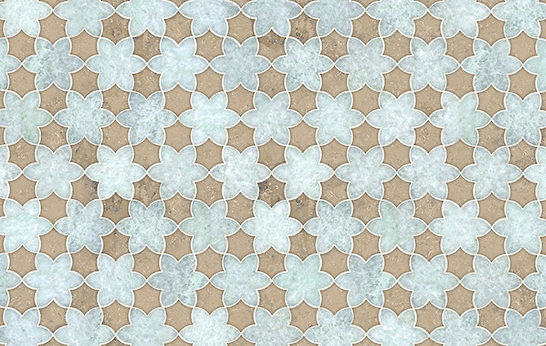
Moorish Pattern: Surface Trend
The Moorish architecture of North Africa and southern Spain serves as inspiration for these geometric surface patterns realized in sun-soaked hues such as terracotta, burnt umber and saffron.
New Ravenna Mosaics have collaborated with designer Paul Schatz for the Miraflores tile collection, influenced by Schatz's travels throughout different Latin countries, his passion for Morocco and his studies of Islamic art.
Using a mixture of wool and linen, Swedish carpet manufacturers Kasthall took inspiration from North Africa and combined it with Scandinavian simplicity to create their Marocco rug.
Inspired by one of Europe's foremost examples of Islamic architecture, the Alhambra fortress, Wolf Gordon's Alhambra features a repeated geometric pattern wall covering, keeping true to the principles of Moorish design.
Sina Pearson's Mediterranean collection was informed by the Byzantine and Moorish architectural influences, and is available in jewel tones and stone-like neutral colourways. Woven in the USA the material is designed to be durable, making them suitable for healthcare, hospitality, and corporate or institutional interiors.
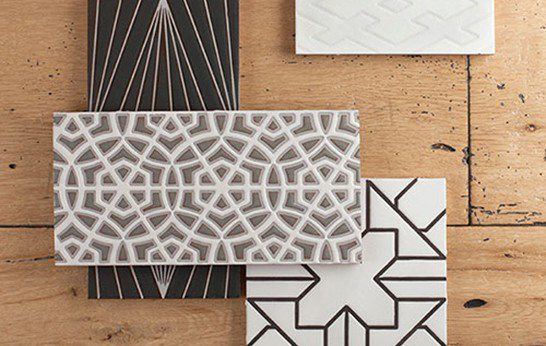
Comprising handcrafted tiles made using a proprietary wax resist technique originating in 16th century Persia, Fireclay Tile offers a Moroccan range as an addition to its Handpainted Collection.
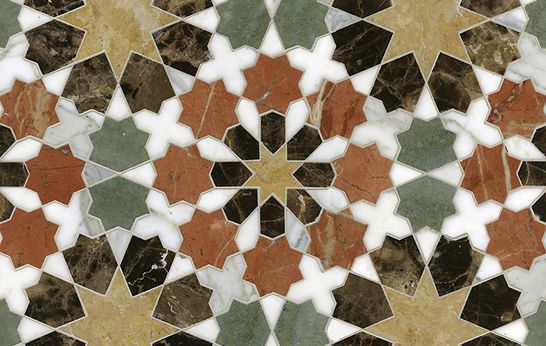
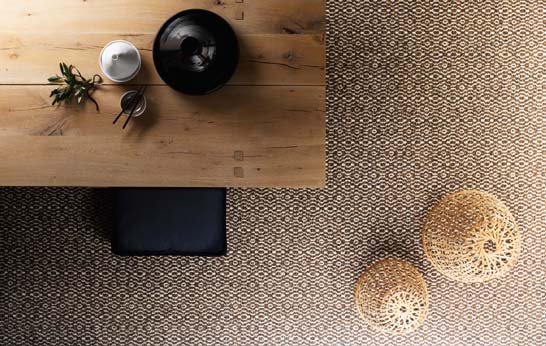
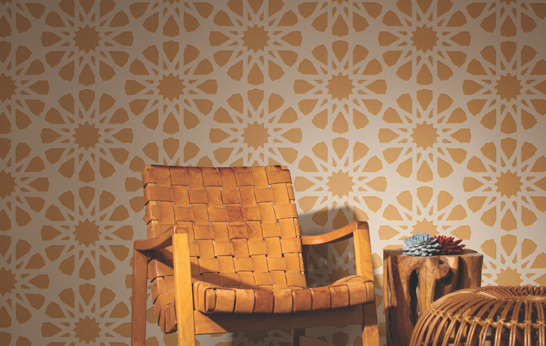
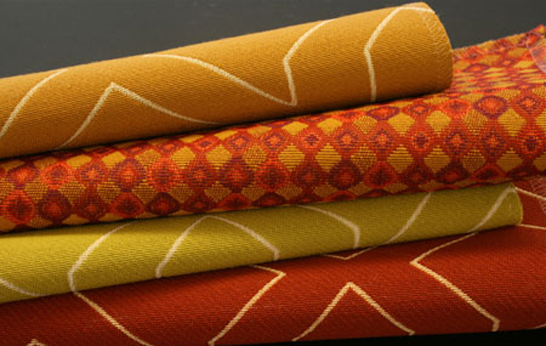
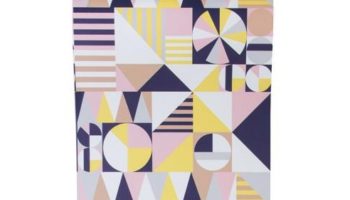
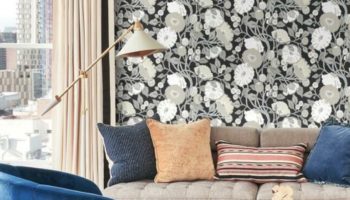


Leave a Reply